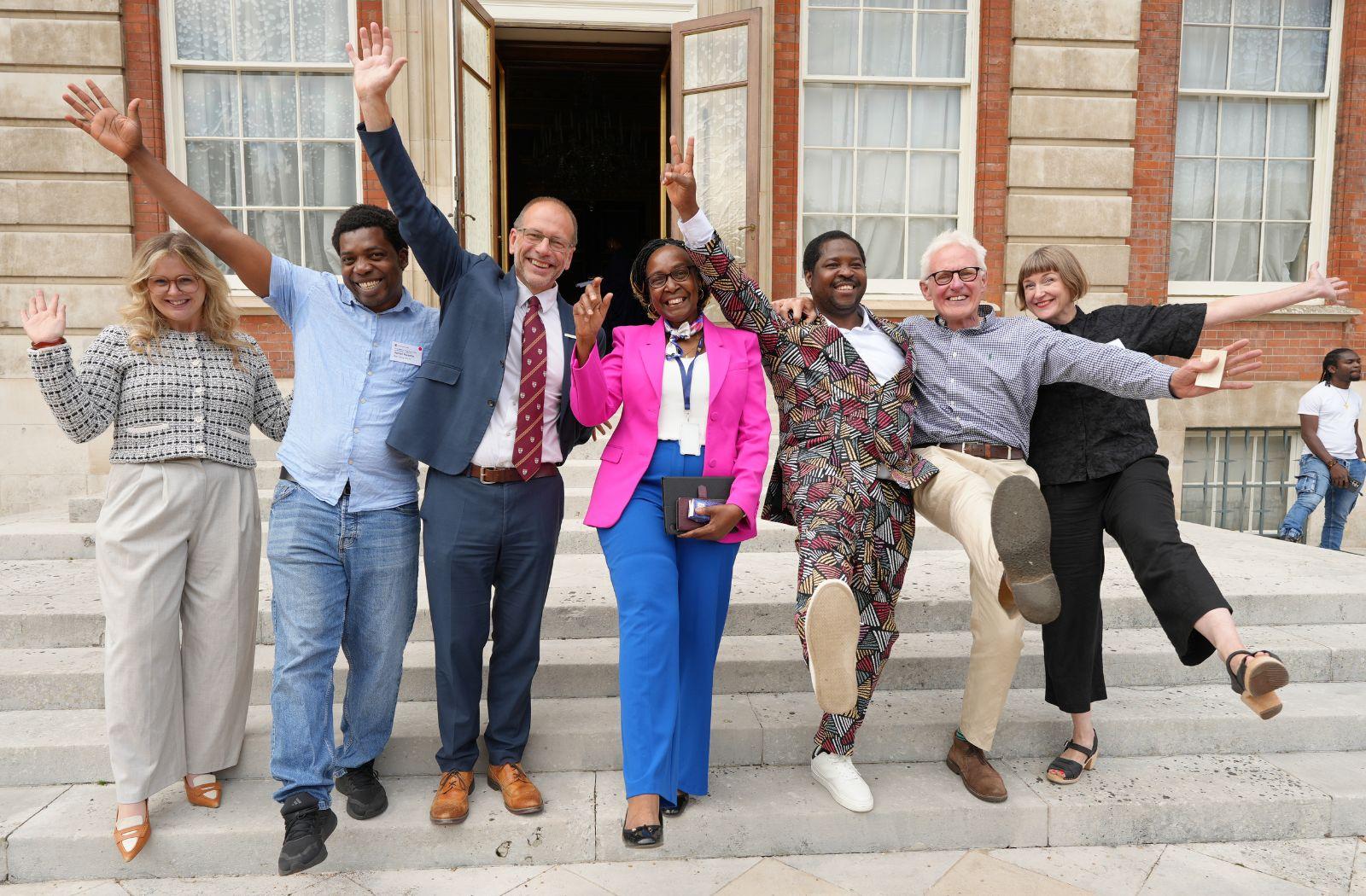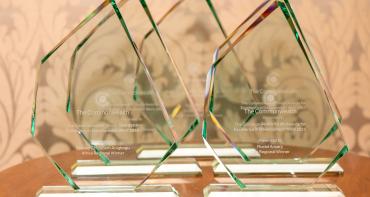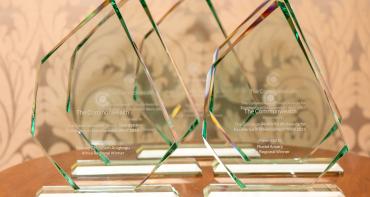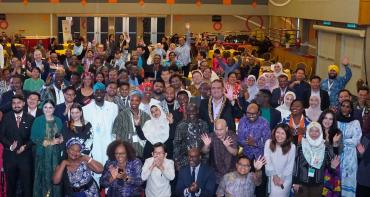As part of activities to commemorate International Youth Day, over 120 young artists, performers, community activists, social workers, and visionaries gathered for the Young Leaders for Arts and Health Summit at the Commonwealth Secretariat’s headquarters in London.

The event organised by the Global Arts for Medicine Fellowship, in partnership with the Commonwealth Secretariat, also highlighted the significance of creative leadership in promoting both individual and community health and wellbeing.
A shared belief united the attendees: that the arts, in all their forms, are vital for healing, fostering a sense of belonging, and empowering young people.
Opening with a personal story of resilience and finding comfort through creative expression at a young age, Dr Kunle Adewale, Founder and Executive Director of Young Leaders for Arts and Health, spoke about how creative disciplines serve as tools for communication, connection, and community-building.
Dr Adewalwe, who was also the winner of the 2016 Commonwealth Youth Worker Award, said:
“Young people are currently facing a crisis, whether it be identity, mental health, or other issues. The Young Leaders for Arts and Health initiative provides opportunities for education, empowerment, enlightenment, and community engagement, helping young people move forward towards a future full of hope and possibilities.
“Given the arts’ potential to create better versions of anything, we are dedicated to ensuring that no young person is left behind. This is why we have collaborated with the Commonwealth.”
The arts as a connector to greater health
During the event, an exhibition featuring young artists fostered reflection and discussion. The curated selection of paintings and prints provided glimpses into the minds of their creators—their anxieties, joys, and dreams. Oluwatosin Ogunyebi, Virtual Reality Developer at Imperial College London, also showcased the Commonwealth’s Virtual Museum as an opportunity to harness technologies for arts and health.
Beyond the brilliance expressed with the artwork, the summit also served as a platform for a vital dialogue on mental health. In one session, a panel of young leaders, health professionals, and mental health advocates discussed how drama, painting, and music can offer therapeutic outlets, foster community, and help break down stigma.
Highlighting the arts as a means to improve health, Sir Norman Lamb, former MP and UK Health Minister of State for Community and Social Care, noted that arts-based programmes support and may even reduce the need for certain drug treatments, particularly for mental disorders.
The Health Adviser at the Commonwealth Secretariat, Janneth Mghamba, cited a World Health Organisation report on the role of the arts in improving health and well being that referenced a Finnish model, among others, as examples of how arts and health can be successfully integrated into national policy. She reinforced the importance of marrying the two, noting:
“Youth-led arts initiatives are crucial for driving health innovation and fostering well-being across diverse communities, offering a holistic healthcare approach that is culturally appropriate and accessible"
During four interactive breakout discussions, participants explored strategies to empower young people to advocate for arts-based health solutions in their communities. A recurring theme emerged: youth inclusion is not only about standing at the front, but about forging spaces where others feel safe to be seen and heard.
Artistic expression interwoven throughout the event
In a session about neurodiversity, health, and belonging, Chapman Shum, a 15-year-old pianist who was born blind, recited a poem of his own creation, reflecting his life titled ‘My Calling’. It captured his journey of difference in the world, highlighting music as his preferred form of expression.
Born blind due to a rare genetic disease, Chapman faced complex learning and speaking difficulties from birth. For him,
“music is also a language that brings people together, no matter your ethnicity or ability. If I can do it, you can do it too.”
His father also shared:
“It has been very difficult for Chapman, but he refused to let his disability define him - he has a pair of sharp ears and nimble fingers”.
The gifted young pianist has demonstrated his talent on stages around the world. Chapman’s journey is an inspiring testament to the power of music to transcend challenges and open new horizons.
There were also inspiring words from the mother of a 15-year-old Nigerian who set a Guinness World Record for the world’s largest art canvas to raise awareness for autism. Kanyeyachukwu Tagbo-Okeke, who is non-verbal, has executed a painting featuring a multi-coloured ribbon, the symbol for autism, covering 12,304 square meters.
Between panels and discussions, the stage showcased notable performances by the Global Arts in Medicine Fellows - Chidinma Chukwuka, Toluwani John Ajayi, Gabriel Adedeji, Israel Ola Akindipe, and Adeshina Oluwaseun Emmanuel. Their pieces encouraged participation and dialogue among attendees. As the summit concluded, participants left with stronger connections and a commitment to integrating the arts into strategies for youth well-being.
Related content
- International Youth Day 2025
- Commonwealth Youth Programme
- Nominations for 2026 Commonwealth Youth Awards open on International Youth Day
Photo's from Young Leaders for Arts and Health London Summit 2025
Media contact
- Ijeoma Onyeator, Communications Officer, Communications Division, Commonwealth Secretariat
- E-mail | Mobile: +44 07483919976




